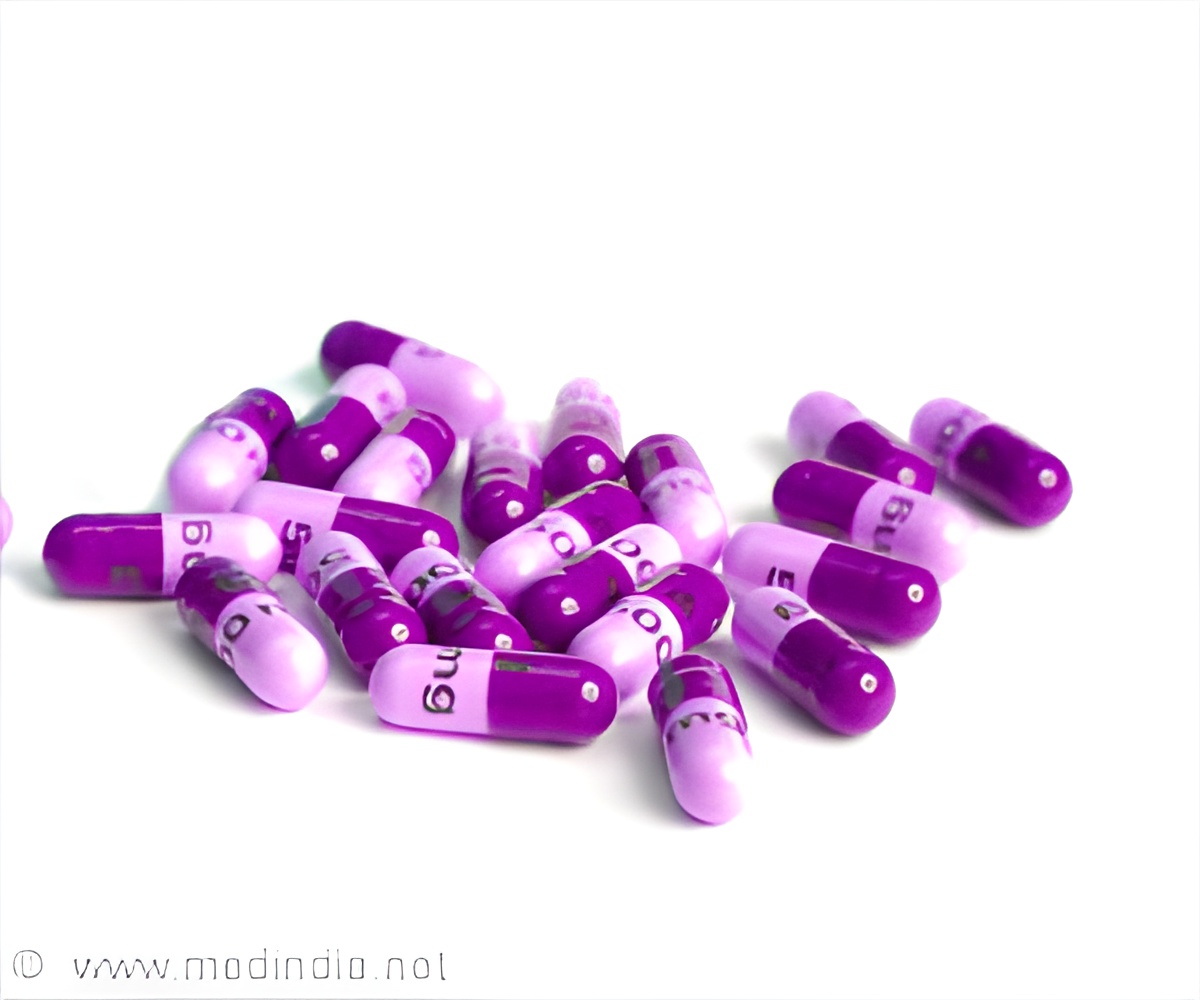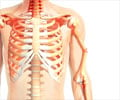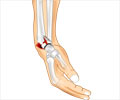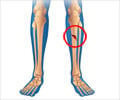Researchers of the new study believe their findings have important implications for the care of children taking Proton Pump Inhibitors(PPIs) - especially long-term users.

‘Healthcare providers should be aware of the potential side effects of commonly prescribed medications. They should evaluate the risks and benefits of treatments before prescribing.’
Read More..




"This study suggests an increased risk of fracture among otherwise healthy pediatric patients exposed to PPIs," according to the new research, led by Nathan Robert Fleishman, MD, Children's Mercy Kansas City in Kansas City, Mo. The researchers believe their findings have important implications for the care of children taking PPIs - especially long-term users.Read More..
As in Adults, PPIs May Increase Fracture Risk in Children
The study included data on children and adolescents, average age four years, receiving care at 51 US children's hospitals from 2011 to 2015. Data were drawn from the cooperative Pediatric Hospital Information System database.
A total of 32,001 care encounters where the patient received a PPI were matched to the same number of encounters without PPI use. The study excluded patients with complex chronic conditions, or with conditions or medications predisposing to fracture risk.
The analysis showed a significantly higher fracture rate in children exposed to PPIs: 1.4 percent, compared to 1.2 percent in those not exposed to PPIs. The authors performed a further analysis to adjust for differences in patient characteristics, including sex, race, insurance status, and type and intensity of care encounter.
Advertisement
In both groups, the upper extremity (arm and hand) was the most common fracture location. However, children exposed to PPIs were more likely to have fractures of the lower extremity (leg and foot), ribs, or spine.
Advertisement
"While our findings are statistically significant, the relative risks are small," Dr. Fleishman comments. "However, our study design tended to underestimate the actual risk."
Proton pump inhibitors are widely used to treat acid reflux and other upper intestinal disorders in children as well as adults. Commonly used PPIs include lansoprazole, omeprazole, and esomeprazole - all of which are available over-the-counter, as well as by prescription.
Although PPIs have historically been considered "exceptionally safe," several reports have suggested that they may be implicated in a wide range of complications. In adults, PPIs have been linked to a small but significant increase in the risk of fractures, especially with long-term use. Only a few studies have looked at PPIs and fracture risk in children, with mixed results.
"Our study highlights the need to limit the use of PPIs to individuals who are clearly benefiting and for the least duration necessary," comments study coauthor Thomas Attard, MD. "Additionally, children who are on these medications long-term warrant ongoing follow up."
The researchers hope the findings will stimulate further research and strategies to limit fracture risk in children who require PPIs for longer periods of time.
"Proton pump inhibitors are effective medications and have an important role in the treatment of specific diseases," Dr. Fleishman adds.
"We should be aware of the potential side effects of these (and all) medications we prescribe. We owe it to our patients to ensure we are continually evaluating the risks and benefits of our treatments in the context of their disease course."
Source-Eurekalert












